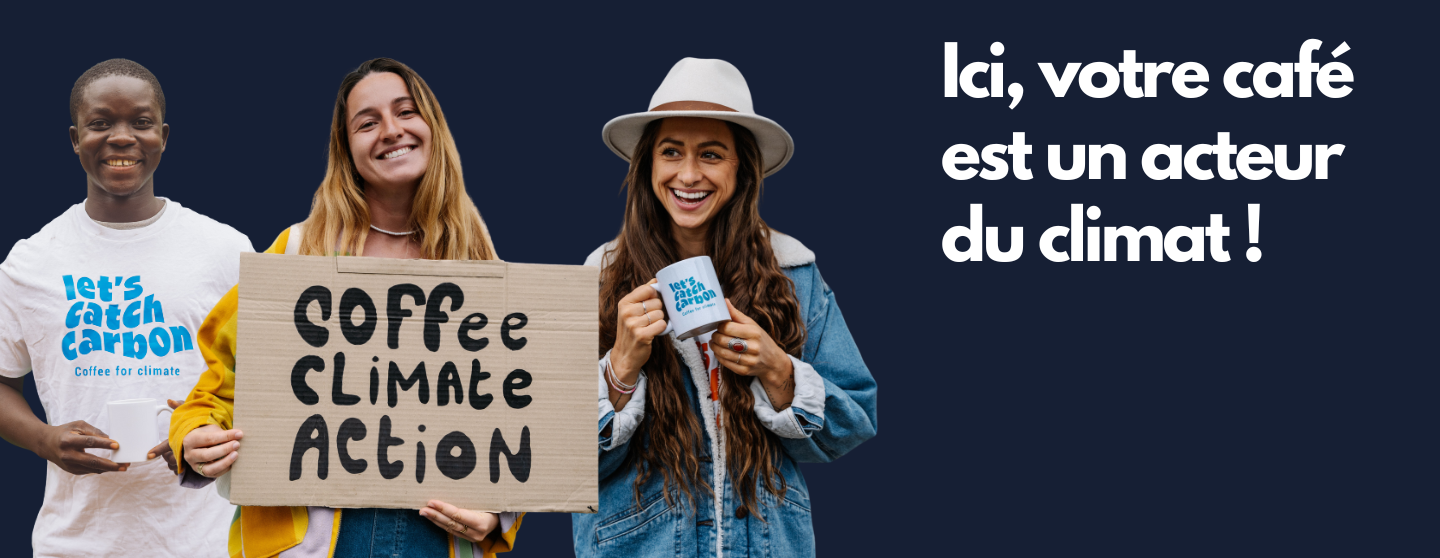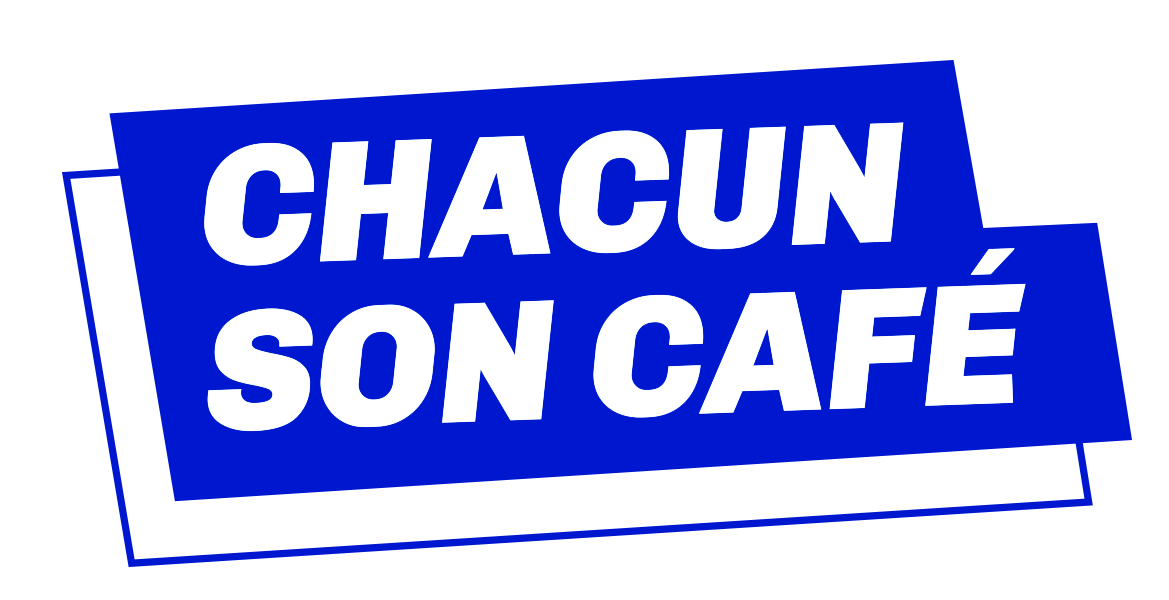

Chacun Son Café

Île-de-France, France
February 2021
Beverages
Wholesale/Retail
France
Chacun Son Café engage ses clients dans l’épopée climatique. Son programme Let's Catch Carbon, financé par ses solutions café à la maison et au bureau, vise à séquestrer 1,5 milliard de tonnes de CO2 en transformant 1 million d’hectares de caféiculture en agroforesterie d’ici 2030. Le café, deuxième produit le plus exporté après le pétrole, entraîne de graves impacts sociaux et environnementaux : des millions de cultivateurs vivent sous le seuil de pauvreté, et 21% de la déforestation mondiale est due à sa culture. Chacun Son Café utilise ce marché pour un impact positif. Grâce à l’agroforesterie, où caféiers côtoient arbres fruitiers et espèces vivrières, le programme permet de doubler le stockage de carbone, restaurer les sols, enrichir la biodiversité avec comme co-bénéfice d’améliorer les conditions de vie des cultivateurs. Boire un café et agir pour le climat sont désormais compatibles.
Overall B Impact Score
Governance 14.9
Governance evaluates a company's overall mission, engagement around its social/environmental impact, ethics, and transparency. This section also evaluates the ability of a company to protect their mission and formally consider stakeholders in decision making through their corporate structure (e.g. benefit corporation) or corporate governing documents.
What is this? A company with an Impact Business Model is intentionally designed to create a specific positive outcome for one of its stakeholders - such as workers, community, environment, or customers.
Workers 22.6
Workers evaluates a company’s contributions to its employees’ financial security, health & safety, wellness, career development, and engagement & satisfaction. In addition, this section recognizes business models designed to benefit workers, such as companies that are at least 40% owned by non-executive employees and those that have workforce development programs to support individuals with barriers to employment.
Community 49.0
Community evaluates a company’s engagement with and impact on the communities in which it operates, hires from, and sources from. Topics include diversity, equity & inclusion, economic impact, civic engagement, charitable giving, and supply chain management. In addition, this section recognizes business models that are designed to address specific community-oriented problems, such as poverty alleviation through fair trade sourcing or distribution via microenterprises, producer cooperative models, locally focused economic development, and formal charitable giving commitments.
What is this? A company with an Impact Business Model is intentionally designed to create a specific positive outcome for one of its stakeholders - such as workers, community, environment, or customers.
Environment 18.1
Environment evaluates a company’s overall environmental management practices as well as its impact on the air, climate, water, land, and biodiversity. This includes the direct impact of a company’s operations and, when applicable its supply chain and distribution channels. This section also recognizes companies with environmentally innovative production processes and those that sell products or services that have a positive environmental impact. Some examples might include products and services that create renewable energy, reduce consumption or waste, conserve land or wildlife, provide less toxic alternatives to the market, or educate people about environmental problems.
What is this? A company with an Impact Business Model is intentionally designed to create a specific positive outcome for one of its stakeholders - such as workers, community, environment, or customers.
Customers 4.1
Customers evaluates a company’s stewardship of its customers through the quality of its products and services, ethical marketing, data privacy and security, and feedback channels. In addition, this section recognizes products or services that are designed to address a particular social problem for or through its customers, such as health or educational products, arts & media products, serving underserved customers/clients, and services that improve the social impact of other businesses or organizations.